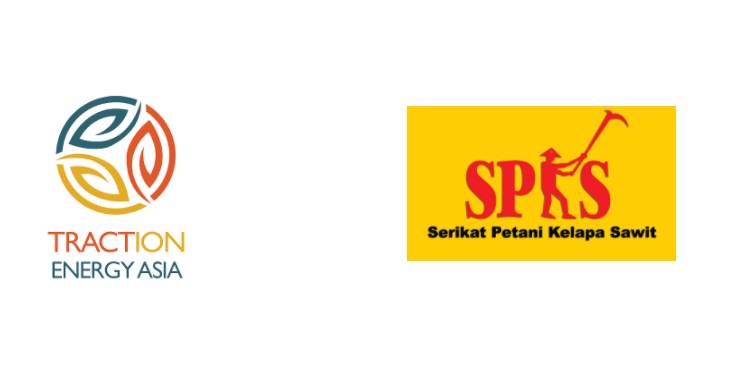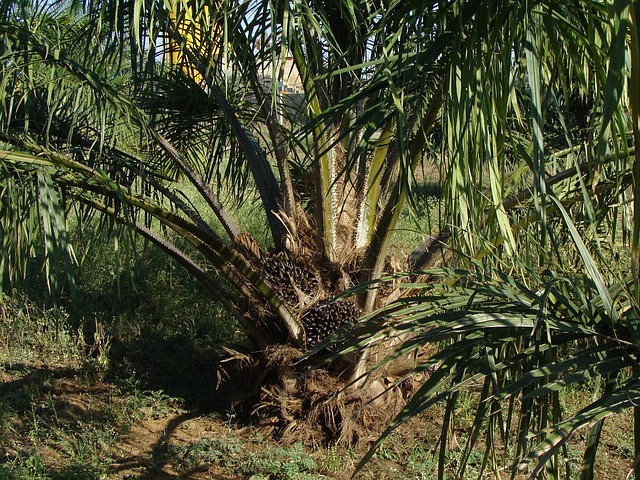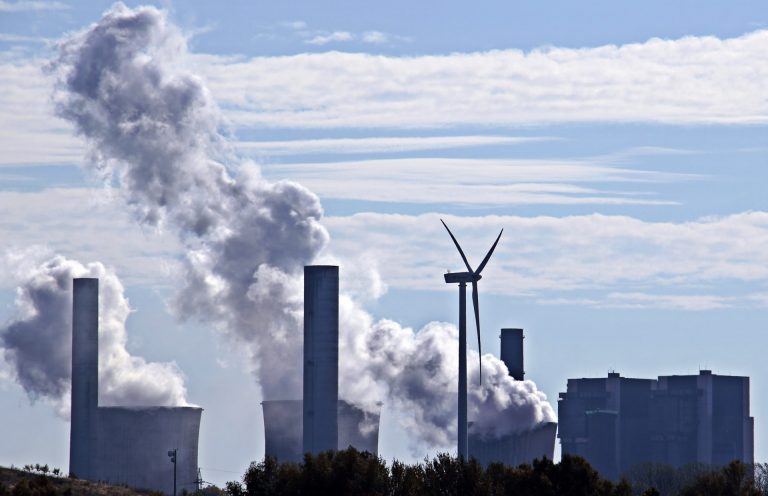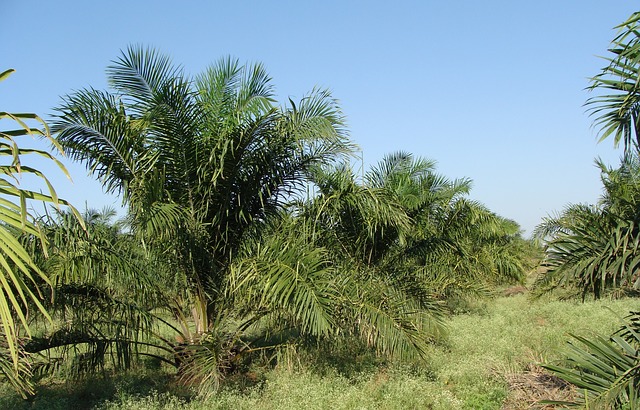Jakarta, 11 September 2020. The government policies on biodiesel program are still considered reactive and lacking attention to the negative impacts, especially on palm oil farmers. Recently, the Coordinating Ministry for Economic Affairs plans to increase CPO export levy by US$5 for every US$25 per ton increase.

The pandemic, followed by the looming economic recession, should be the right momentum for the government to thoroughly evaluate the biodiesel program. “If the government is sticking to its plan to increase the biodiesel blends, the state-borne incentives will be higher; when in fact, the government should take a step back and revert to B20 in this economic condition, considering there are no direct benefits felt by the independent palm oil smallholders from the biodiesel program,” said Ricky Amukti, Research Manager of Traction Energy Asia.
Currently, the Indonesian Government is eagerly implementing the biodiesel program. The level of crude palm oil (CPO) blend has constantly been increased, from B20 to B30, and on until it reaches the current targets of B40 and B50. However, the direction of the biodiesel program development is still unclear since the government is devoid of a roadmap.
The current largest expenditure of the Oil Palm Plantation Fund Management Agency (BPDPKS) comes from biodiesel incentives or paying the price gap between CPO and diesel fuel to the palm oil companies. Out of the Rp33.6 trillion BPDPKS funds disbursed in 2019, at least Rp29.2 trillion was allocated for biodiesel incentives.
Despite the large amount, the benefits felt by the smallholders are still minimal―far from the projected benefits promised by the government’s biodiesel program. This is due to the absence of a directorate in BPDPKS that is dedicated to manage independent smallholders. The smallholders’ contribution to the palm oil commodity cannot be considered small. According to data from the Directorate General of Plantations, independent smallholders contribute 34% of the total national palm oil production.
Secretary General of the Palm Oil Farmers Union (SPKS) Mansuetus Darto assessed that the immediate increase of biodiesel blend target is not necessary when the current biodiesel blend target is not yet beneficial for the smallholders.
“What BPDPKS has done during its 5 years of existence also needs to be evaluated, especially the fund distribution, which mostly goes to the palm oil companies and has no impact on the welfare of both smallholders and the communities,” said Darto.
Darto further explained that the government’s plan to increase export levy through BPDPKS is also a reckless step, since it will most likely lower the price of palm oil fresh fruit bunches (FFB), causing the smallholders to be adversely affected.
“The government should at least oblige palm oil companies to buy some of the FFB from independent smallholders so that the biodiesel program can create a market for the smallholders,” he said.
Contacts:
Secretary General, Palm Oil Farmers Union (SPKS), Mansuetus Darto (+62 811-9266-663)
Research Manager, Traction Energy Asia, Ricky Amukti (+62 877-8189-3015)
Communication Staff, Traction Energy Asia, Fadiyah (+62 877-8317-4140)
Palm Oil Farmers Union (SPKS) is an organization of palm oil farmers with around 58 thousand members across 14 regencies. Traction Energy Asia is a research institute focusing on issues of transition to clean and renewable energy.





